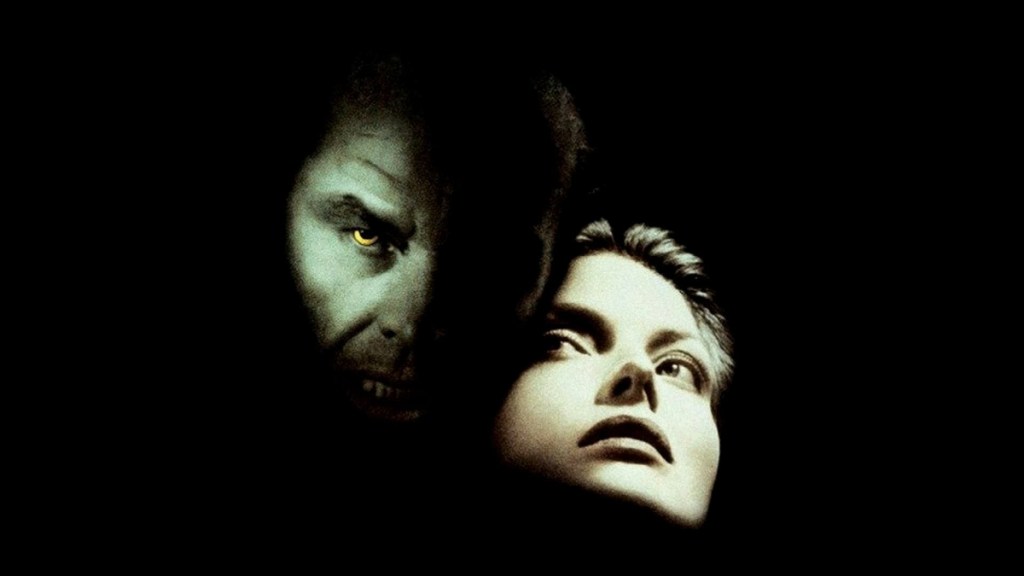Wolf Man isn’t the first werewolf movie unleashed into theaters, but it has the chance to become one of the most lucrative motion pictures centering on this supernatural entity. Save for the Twilight movies, which featured werewolves in a supporting capacity, werewolf films haven’t been big moneymakers at the box office. There are smash hit features like Harry Potter and the Prison of Azkaban that briefly contain a single werewolf character, sure, but motion pictures concentrated on werewolves aren’t recipes for box office glory.
Videos by ComicBook.com
Even an eventual cult classic and respectable box office performer like An American Werewolf in London only made $5 million more in 1981 than the same year’s Halloween II. That project still stands as one of the bigger werewolf movies out there. Projects like 2024’s Werewolves, Red Riding Hood, and 2010’s The Wolfman were outright box office bombs in their theatrical runs. Among this meager crop of werewolf movies, though, one does emerge as the biggest non-Twilight title ever at the domestic box office. That honor belongs to the 1994 Mike Nichols directorial effort Wolf, which starred screen icons Jack Nicholson and Michelle Pfeiffer.
What Is Wolf About?
Book editor Will Randall (Nicholson) is living a normal existence before that fateful night some wolf bites him. After that encounter, he gets a new surge of energy flowing through his veins. Tragically, that coincides with the discovery that he’s being outed at his job. Simultaneously, he can’t control his burning, passionate infatuation with Laura Alden (Pfeiffer). Oh, and he’s acting quite primal and “beast-like” as a bunch of local murders pile up. It’s a “wild, wild life” as the Talking Heads once sang, but Randall’s descent into embracing his werewolf form takes that phrase to another level.
Released in the heart of June 1994 from Sony/Columbia Pictures into just over 2,100 theaters, Wolf was clearly meant to be a major tentpole release, though it got some of its thunder stolen by Keanu Reeves and Sandra Bullock’s Speed in its holdover weeks at the theater. That alone suggests why Wolf is the biggest non-Twilight werewolf movie ever domestically: most other werewolf movies are dumped into the weekend after Thanksgiving or perhaps mid-January. Wolf, meanwhile, punched into multiplexes as a potential summer blockbuster, complete with a rampant marketing campaign.
Wolf also didn’t yearn for star power, since its two leads were on a box office hot streak at the time of its release. Nicholson, for one, had headlined some of the biggest movies of his career in the seven years preceding Wolf, including The Witches of Eastwick, Batman, and A Few Good Men. Michelle Pfeiffer was no slouch, though, anchoring Wolf just two years after her unforgettable Selina Kyle/Catwoman turn in Batman Returns. She’d also garnered prestige for her acclaimed work in then-recent features like Dangerous Liaisons and The Age of Innocence. Countless werewolf movies like An American Werewolf in Paris would’ve killed for that level of star power. No wonder Wolf towers over so many other films in this subgenre.
[RELATED: Before Wolf Man, These Are the 7 Best Werewolf Movies]
What Is Wolf’s Box Office Legacy?

Wolf didn’t do too shabby among all 1994 theatrical releases, ending up as the 19th biggest movie of the year, domestically. Still, even this box office run indicated the limited appeal of werewolf movies. After all, Wolf had been greatly overshadowed in the summer of 1994 by subsequent titles like True Lies and Forrest Gump. Even among all 1994 movies, Interview with the Vampire lingered in the minds of audiences more for its mixture of raw humanity and supernatural horror. On top of all that, it ended up losing money for Sony thanks to its $70-million budget. It’s not cheap to bring werewolves and those grisly transformations to life.
If Jack Nicholson and Michelle Pfeiffer in the mid-1990s couldn’t turn the werewolf movie into a smash hit, what could? Hollywood suddenly saw that this domain was incredibly tricky to make profitable; werewolf movies declined substantially in the years that followed. The film industry has only sporadically returned to this domain since, namely in attempts to cash in on Twilight-mania from the late 2000s. Now Wolf Man will kick off 2025’s horror movie run by trying to buck all box office conventions for werewolf movies. Only time will tell if The Wolf Man can snatch away Jack Nicholson’s werewolf cinema crown.
Wolf is available to rent or purchase digitally on Prime Video.








